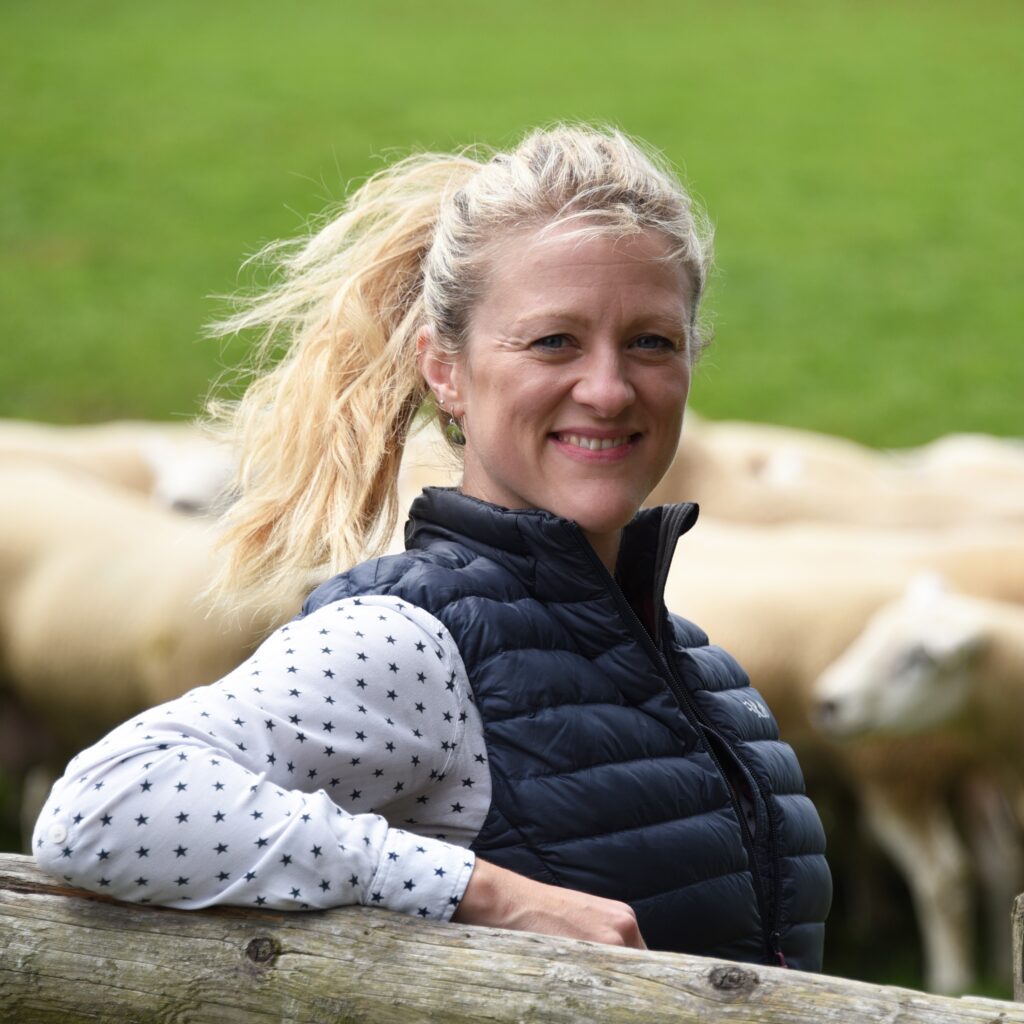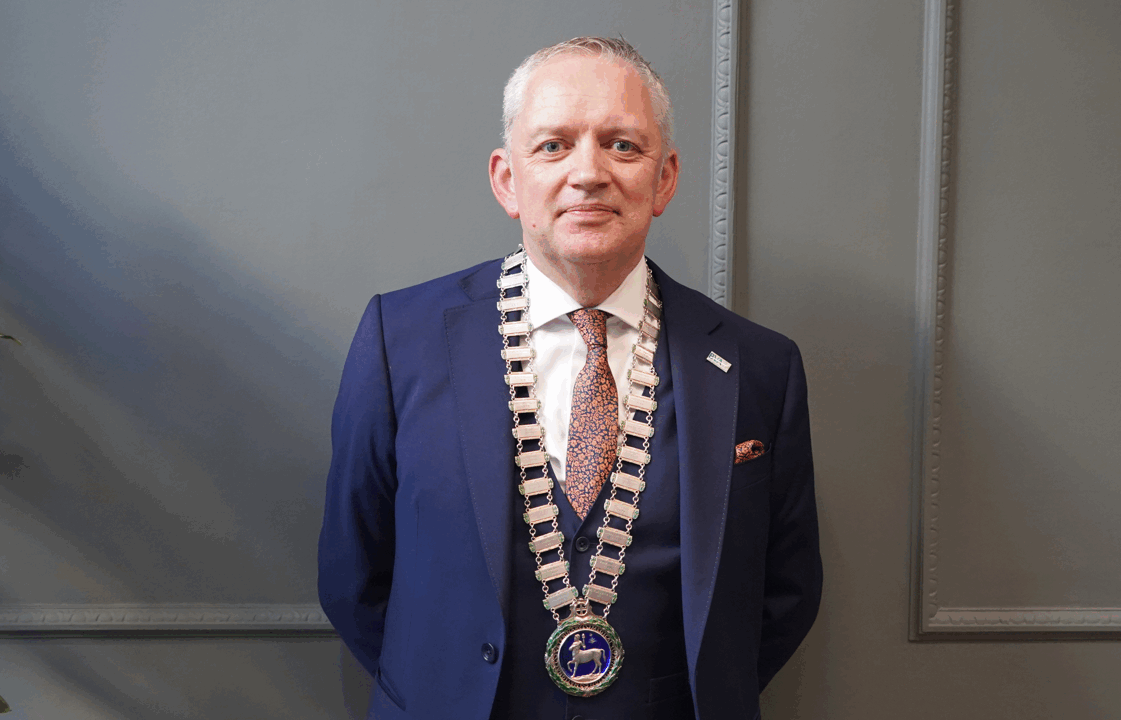Dr. Rob Williams MVB MBA CMgr FCMI MCIPD MRCVS has been elected president of the British Veterinary Association (BVA) for 2025-2026.
A graduate of University College Dublin (UCD) School of Veterinary Medicine with a Royal College of Veterinary Surgeons (RCVS) certificate in small animal surgery, Dr. Williams is an experienced vet having worked for many years in general and referral practice and as clinical director of a large hospital in York.
He is also a qualified HR (human resources) professional and holds a master’s of business association (MBA) from York Business School.
Since 2016, he has worked with VetPartners in management roles, with a focus on graduate programmes management, colleague engagement and career development.
In a career spanning almost 25 years, Dr. Williams has also been actively involved with veterinary and academic organisations in various voluntary roles, including as a member of BVA’s Member Benefits Committee for five years; board member for the Society of Practicing Veterinary Surgeons; member of the RCVS VetGDP sub-committee; and member of the University of York Animal Welfare and Ethical Review Body.
He is currently a member of the advisory board at York Business School.
In his first speech as president, Dr. Williams introduced his presidential theme – ‘Shaping the profession of the future’.
“As we gather here today, we live in interesting times, times that will challenge each of our perspectives and possibly our conception of what it is to be a veterinary surgeon,” he said.
“The CMA [Competition and Markets Authority] investigation outcome will change how we interact with and provide clinical care to pets and their owners.
“It’s also possible the CMA’s remedy decision will have some impact on other parts of the profession, particularly mixed clinical practice.
“These are unknown challenges but I’m confident we will meet whatever challenge the CMA set us,” he added.
The BVA president said that Department for Environment, Food and Rural Affairs (Defra) is undertaking potential reform of the current Veterinary Surgeons Act.
He explained that this will create much-needed change in the regulation and governance of the veterinary profession.
“This change has the potential to be challenging; however, we should not lose sight of the long-term benefits reform of the Act will bring for the profession,” Dr. Williams continued.
“The UK Government has announced it will negotiate a veterinary agreement with the European Union.
“This is welcome news, though it comes at a time when there are significant resourcing and operational issues across government departments and agencies responsible for biosecurity and animal disease resilience, as shown in the recent National Audit Office and EFRA Committee reports.
“Import of novel animal disease is a significant challenge for all parts of the veterinary profession.”
Dr. Williams said he wants to explore how the veterinary profession can advocate for evidence-informed, pragmatic and effective biosecurity.
He raised the question of the role vets in private practice have to play in national biosecurity and disease outbreak readiness in support of vets working across government departments and agencies.
He urged members to consider how they can collectively meet these challenges particularly when the climate is undergoing such rapid change, making novel disease incursion more likely.
Challenges
In addressing the challenges facing the profession, the new BVA president said: “Each of these challenges could be viewed in a negative light.
“However, I would like us to meet these trials positively – challenges to be embraced, opportunities to be realised, a new and future-focused profession; a 21st century veterinary profession.
“The challenges I described can be met and by doing so our profession will be a profession ready to leap the many unknown hurdles we will face over the coming years and decades.
“The future is already here; in some veterinary practices, in the spirit, ingenuity and endeavour of many veterinary surgeons working today; we need to capture this future and embrace it.”
Outgoing BVA president and specialist wildlife vet Dr. Elizabeth Mullineaux will step into the role of BVA senior vice-president.

Farm vet and academic, Dr. Gwenllian Mair Rees BVSc (Hons) PhD AFHEA FRSM FRCVS has been elected to the post of junior vice-president.

